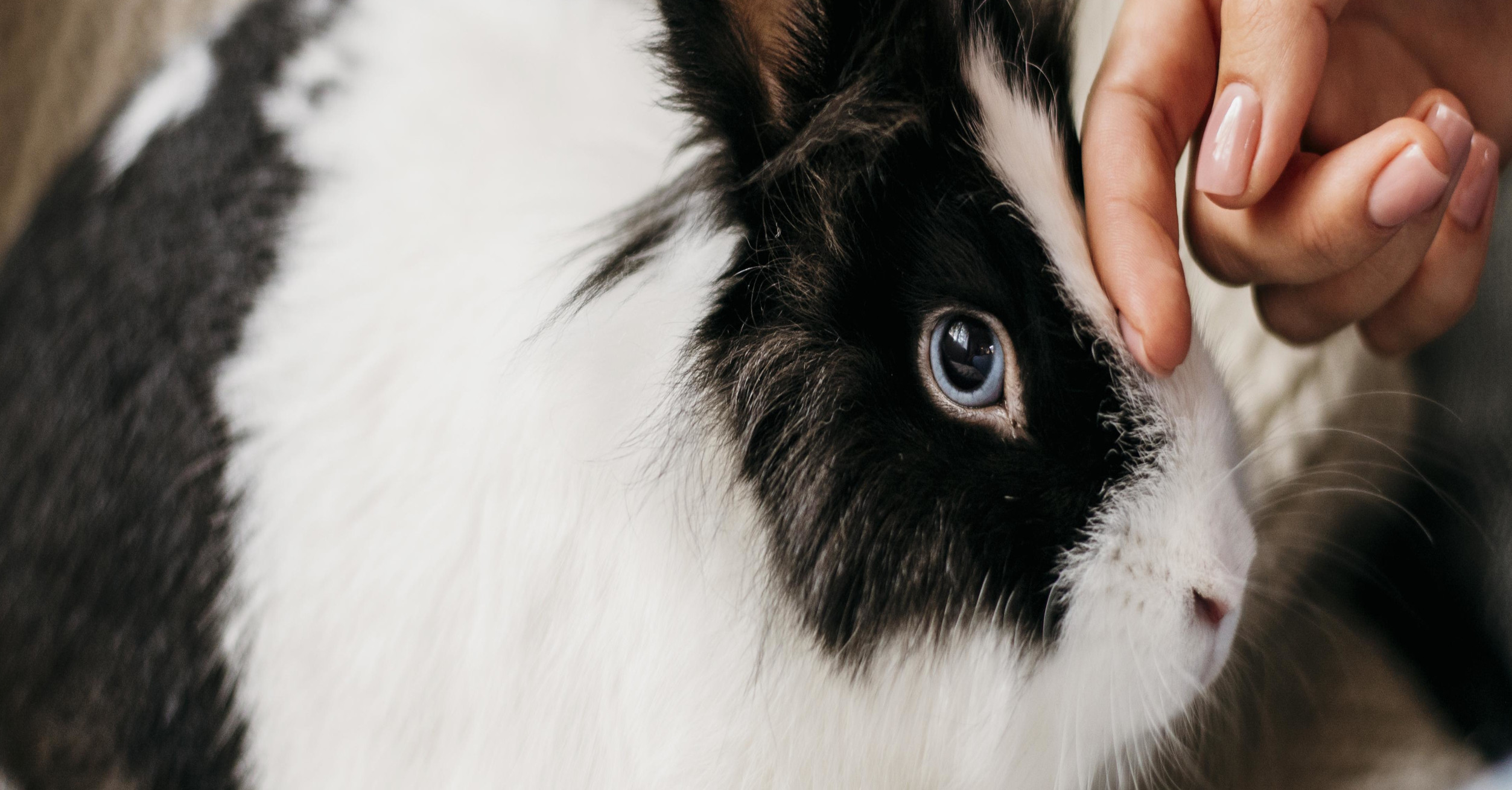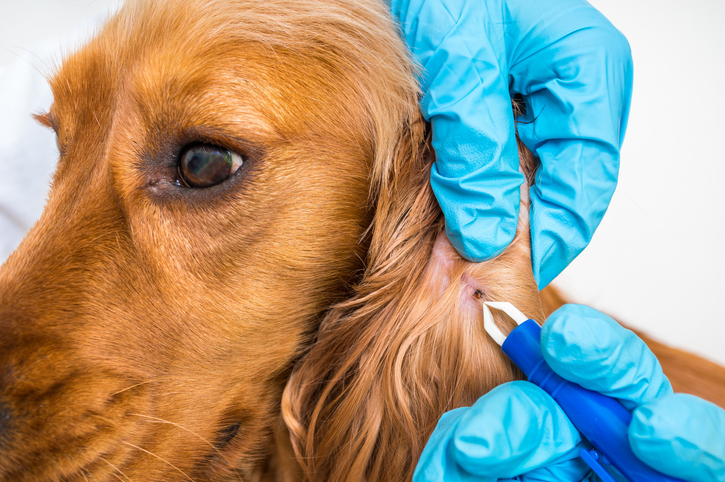If you’re a rabbit owner, you know just how much joy these little creatures can bring into our lives. Each rabbit has its own unique personality, with individual quirks and preferences that make them special. Rabbits are known to be relatively low-maintenance animals since they don’t need to be taken on walks and are easily trained to use a litterbox.
Overall, rabbits make great pets and excellent companions. With that said, it’s absolutely vital that rabbit owners are as educated as possible on the needs of their pets. While most rabbit owners know the basics, there are a few key pieces of knowledge that your veterinarian likely wants you to know about, which we go over below.
Rabbits need to be handled with care
Compared to their body mass, rabbits have very lightweight skeletons. Their bones are much more delicate than those of a cat or dog, and they need to be handled as such. Some rabbits don’t enjoy being picked up, so when you must do it, ensure you’re carrying them properly.
Always support the front and hind legs of your rabbit to keep their entire body secure. Additionally, never pick your rabbit up by the ears or any other individual body part. Ensure children in your home understand how to treat your rabbit with care, and never leave your pet bunny unattended with infants and toddlers.
Rabbits are quiet, but can still communicate
Rabbits aren’t known by a signature noise like a cat’s meow or a dog’s bark. They tend to be quiet creatures, often only squeaking occasionally. However, rabbits will sometimes make warning growls or grunts if they feel scared or threatened, and may let out a high-pitched shriek if they’re injured or very scared. Rabbits may also stomp on the floor with their hind legs when intimidated, as a warning signal.
Generally speaking, a quiet rabbit is a happy rabbit. Pay attention to any unusual sounds your pet makes, as it could be a sign of a potential issue.
Your rabbit’s environment needs to be ‘bunny-proof’
If your rabbit can access it, you need to make it safe. Many normal household items can actually present a hazard to your rabbit, and other elements of the home can easily be damaged by a curious pet.
One of the most important things to consider is electrical cords and wires. Your rabbit will happily chew through any wire it comes across, risking severe injury. You should also keep their area clear of any plants that aren’t intended for your rabbit to eat. It’s also a good idea to cover baseboards and room corners if possible, as a rabbit may instinctually dig and gnaw in these areas as a way to ‘burrow’.
Rabbits still need exercise
While rabbits don’t need to be leashed up and walked, they still require time for exercise, play, and mental stimulation. Your vet can give you advice to get your rabbit active, but even simple things like cardboard boxes, tubes, or crumpled paper can get your rabbit in the mood to move.
Other toys for your rabbit to throw, chew, or dig at are all great choices. Lastly, it’s recommended to give your rabbit an hour or so of (supervised) time outside of their cage so they can move around and explore.
Like all pets, rabbits are commitments
Like cats, dogs, reptiles, fish, or any other living creature in your care, rabbits should be companions and members of the family. The average rabbit has a lifespan of 5-8 years, and some breeds can live as long as 14 years. If you’re thinking about getting a rabbit, make sure you’re prepared to love and care for them for at least half a decade, if not longer.
Rabbit owners need a good relationship with a trusted vet
You may have heard about some of the more serious health issues that rabbits are at risk of developing, such as GI Stasis or Bloat. Caused by changes in gastric bacteria and internal obstructions, respectively, these two conditions require quick intervention from a veterinarian, so having an already-established relationship is key.
Beyond these serious conditions, it’s vital that your rabbit is seen regularly by an animal expert. An experienced veterinarian will perform tests and examinations on your pet, checking for health issues ranging from arthritis to ear mites. The best animal care is proactive, and a trusted veterinarian will ensure your rabbit is healthy to begin with.
Creative Commons Attribution: Permission is granted to repost this article in its entirety with credit to Hastings Veterinary Hospital and a clickable link back to this page.






